- Teacher: Mollie Galloway
Lewis & Clark Moodle
Search results: 2574
- Teacher: Mollie Galloway
- Teacher: Tod Sloan
- Teacher: Rebecca Hyman
- Teacher: Rebecca Hyman
- Teacher: Tod Sloan
- Teacher: Sue Feldman
- Teacher: Frances Lessman
- Teacher: Mollie Galloway
- Teacher: Mollie Galloway
development of self-as-scholar in education and
the social sciences. Students gain an
understanding of the elements and processes of
scholarly writing. The course also provides
training in APA style and library and reference
resources.
- Teacher: Megan Barrett
development of self-as-scholar in education and
the social sciences. Students gain an
understanding of the elements and processes of
scholarly writing. The course also provides
training in APA style and library and reference
resources.
- Teacher: Megan Barrett
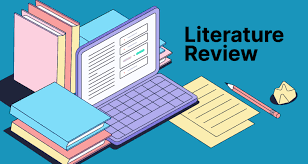
develop a critical review of pertinent academic
literature focused on the problem or problems that
will be addressed in their dissertation research.
The seminar will provide instruction and support
with the processes and techniques for scholarly
discussion of controversial literature, and
students will receive feedback on academic writing
from the course instructor.
- Teacher: Alexia Deleon
- Teacher: Mollie Galloway
- Teacher: Alexa Weinstein
complete advancement to candidacy and
institutional review board (IRB) process. Provides
individualized coaching and writing assistance and
allows students to work toward finalization of
their dissertation proposal under faculty
supervision while maintaining access to college
services through continuous enrollment in the
doctoral program.
- Teacher: Mollie Galloway
Extends time and support for doctoral students to, complete advancement to candidacy and, institutional review board (IRB) process. Provides, individualized coaching and writing assistance and, allows students to work toward finalization of, their dissertation proposal under faculty, supervision while maintaining access to college, services through continuous enrollment in the, doctoral program.
- Teacher: Megan Barrett
complete advancement to candidacy and
institutional review board (IRB) process. Provides
individualized coaching and writing assistance and
allows students to work toward finalization of
their dissertation proposal under faculty
supervision while maintaining access to college
services through continuous enrollment in the
doctoral program.
- Teacher: Mollie Galloway
complete advancement to candidacy and
institutional review board (IRB) process. Provides
individualized coaching and writing assistance and
allows students to work toward finalization of
their dissertation proposal under faculty
supervision while maintaining access to college
services through continuous enrollment in the
doctoral program.
- Teacher: Mollie Galloway
- Teacher: Sue Feldman
- Teacher: Frances Lessman
- Teacher: Megan Barrett
- Teacher: Megan Barrett
education. Students will explore the sources of
policy ideas, the processes of policy making, and
the complex relationship between policy design
and policy implementation. Students will read and
critique equity-focused policies and learn to
assess the strengths and constraints in policy
designs using a variety of analysis approaches.
Students will also read and critique policy
implementation research.
- Teacher: Megan Barrett
- Teacher: Megan Barrett
- Teacher: Megan Barrett
race, it is important that each of the sprinters
speedily covers their portion of the race. Equally
important is the fluidity of transferring
responsibility from one runner to the next, the
critical passing of the baton, or "pasar la
batuta". It is in this moment when all of the
effort given by one runner helps jump start their
teammate in a seamless fashion, or when the work
is abruptly halted because the hand off is faulty.
This critical transfer can define the outcome of
the race. The analogy of "pasar la batuta" well
articulates the responsibility educational leaders
in P-12 and higher education settings have for
fashioning a seamless transition for students to
navigate. As it stands, the movement between
primary and secondary education into postsecondary
education is disjointed. This course will explore
why the transition across the educational pipeline
is choppy, what factors need to be considered in
order to facilitate a smoother move, and the
opportunities for leaders to foster that change.
- Teacher: Emilio Solano
race, it is important that each of the sprinters
speedily covers their portion of the race. Equally
important is the fluidity of transferring
responsibility from one runner to the next, the
critical passing of the baton, or "pasar la
batuta". It is in this moment when all of the
effort given by one runner helps jump start their
teammate in a seamless fashion, or when the work
is abruptly halted because the hand off is faulty.
This critical transfer can define the outcome of
the race. The analogy of "pasar la batuta" well
articulates the responsibility educational leaders
in P-12 and higher education settings have for
fashioning a seamless transition for students to
navigate. As it stands, the movement between
primary and secondary education into postsecondary
education is disjointed. This course will explore
why the transition across the educational pipeline
is choppy, what factors need to be considered in
order to facilitate a smoother move, and the
opportunities for leaders to foster that change.
- Teacher: Emilio Solano
- Teacher: Emilio Solano
- Teacher: Mollie Galloway
- Teacher: Mollie Galloway
- Teacher: Mollie Galloway
- Teacher: Mollie Galloway
- Teacher: Mollie Galloway
- Teacher: Mollie Galloway
- Teacher: Mollie Galloway
- Teacher: Mollie Galloway
- Teacher: Mollie Galloway
methods. Through course readings, discussion, and
practical application, we examine basic designs
and methods associated with quantitative research
and become acquainted with descriptive and
inferential statistical analyses and relevant
analysis software, as well as learn how to
interpret and present statistical findings.
Candidates gain the skills necessary to review and
critique quantitative research and to design and
undertake their own quantitative research.
- Teacher: Mollie Galloway
- Teacher: Sue Feldman
- Teacher: Frances Lessman
- Teacher: Brenda Valles
- Teacher: Mollie Galloway
- Teacher: John Lenssen
Independent Study enables a student to pursue, in
collaboration with a faculty member, an academic
course not currently offered. To receive credit
for Independent Study, the student consults with
the faculty member before registration to define
the course content, title, amount of credit, and
academic evaluation. As a general rule, a graduate
student may apply no more than three courses of
Independent Study toward a graduate degree or
licensure.
- Teacher: Mollie Galloway
- Teacher: Educational Technology Administrator
- Teacher: Justin Counts
- Teacher: Educational Technology
An internationally known expert in the field, Professor Powers’ course will provide a comprehensive overview of the U.S. electricity supply and will address the history of power development, utility regulation, electricity regulation, renewable energy, and energy transmission. This course is important to anyone seeking a better understanding of the electricity system in the United States, sustainability issues, and related climate change challenges.
- Teacher: Lucy Brehm
- Teacher: Linda D\'Agostino
thinking and activity through the lens of the
liberal arts. Students will be introduced to the
entrepreneurial skills needed to design and
operate any venture, including understanding
complex systems, recognizing opportunities,
assessing customer need, identifying a viable
business or funding model and market, and
developing effective marketing strategies. Student
performance will be evaluated through class
participation and preparation, a number of short
assignments, one exam, and a final term project
and presentation.
- Teacher: Charis Asante-Agyei
thinking and activity through the lens of the
liberal arts. Students will be introduced to the
entrepreneurial skills needed to design and
operate any venture, including understanding
complex systems, recognizing opportunities,
assessing customer need, identifying a viable
business or funding model and market, and
developing effective marketing strategies. Student
performance will be evaluated through class
participation and preparation, a number of short
assignments, one exam, and a final term project
and presentation.
- Teacher: Charis Asante-Agyei
- Teacher: Dan Rasay
thinking and activity through the lens of the
liberal arts. Students will be introduced to the
entrepreneurial skills needed to design and
operate any venture, including understanding
complex systems, recognizing opportunities,
assessing customer need, identifying a viable
business or funding model and market, and
developing effective marketing strategies. Student
performance will be evaluated through class
participation and preparation, a number of short
assignments, one exam, and a final term project
and presentation.
- Teacher: Matt Fox
thinking and activity through the lens of the
liberal arts. Students will be introduced to the
entrepreneurial skills needed to design and
operate any venture, including understanding
complex systems, recognizing opportunities,
assessing customer need, identifying a viable
business or funding model and market, and
developing effective marketing strategies. Student
performance will be evaluated through class
participation and preparation, a number of short
assignments, one exam, and a final term project
and presentation.
- Teacher: Matt Fox
process of developing solutions to user-focused
problems. Students will work collaboratively
within a project-based format to explore the
rigors of innovative problem-solving. Topics range
from entrepreneurial approaches to value creation
and social transformation; course provides a
distinctively subjective, student-centered
learning opportunity through immersion in need
identification, ideation, and uncompromising
experimentation.
- Teacher: Charis Asante-Agyei
- Teacher: Shashi Jain
application of digital tools to solve problems
raised in other liberal arts coursework, including
topics and problems of students' choosing.
Eight-week hands-on skills labs are scheduled in
weeks one through eight of the semester. Digital
tools may include ArcGIS StoryMaps, Excel, and
data visualization software.
- Teacher: Aurelio Puente
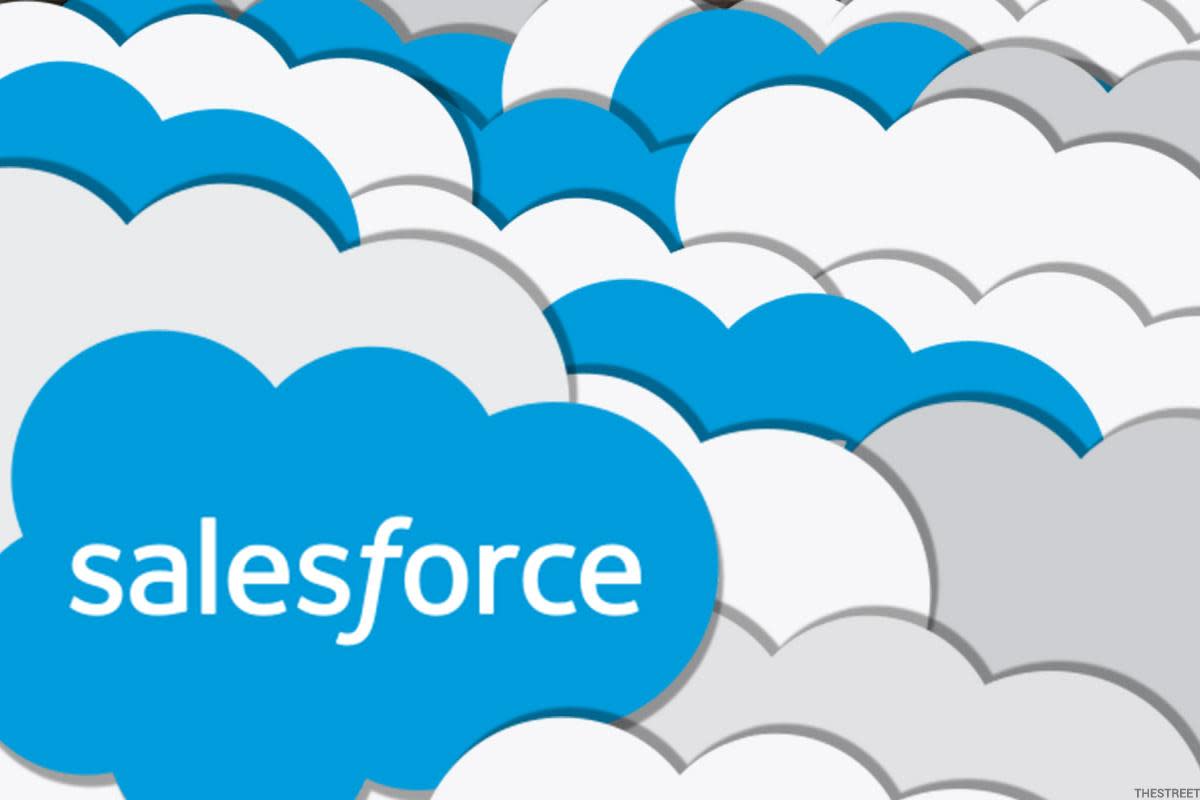
We’ll get you fully prepared to take and pass the core Salesforce Administrator certification. Learn how to implement, grow, and maintain a Salesforce instance with clicks, not code, while enhancing your own resume with this in-demand skill set.
Upon course completion, students will
Have the knowledge and hands-on experience needed to pass the following Salesforce certification exams: Salesforce Administrator and Salesforce Associate
Understand the Salesforce ecosystem, including products, solutions available across multiple industries
Know where and how to look for Salesforce-related career opportunities
Throughout the class, you’ll engage in hands-on learning in a Salesforce Trailhead ‘playground.’ The Trailhead account, including the work done as part of this course and badges earned along the way, will be yours to keep while you continue to grow your skills.
- Teacher: Elle McKay
- Teacher: Amy Dvorak
- Teacher: Amy Dvorak
- Teacher: Rebecca Lingafelter
analyzing sound business models. Students will
examine the creation and delivery of value to
customers in both new and established businesses,
with an emphasis on the role of financial
statements in guiding and assessing this process.
Students will analyze and propose business model
innovations for existing organizations. The final
project requires the students to design a business
model innovation for a local organization using
the business model canvas template.
- Teacher: Matt Fox
analyzing sound business models. Students will
examine the creation and delivery of value to
customers in both new and established businesses,
with an emphasis on the role of financial
statements in guiding and assessing this process.
Students will analyze and propose business model
innovations for existing organizations. The final
project requires the students to design a business
model innovation for a local organization using
the business model canvas template.
- Teacher: Clifford Bekar
communication, creative expression, and
audio-visual presentation and production. Students
will apply these practices in a series of
exercises focused on individual and group
communication, developing the ability to employ
entrepreneurial thinking and principles to
communicate innovative ideas to a variety of
audiences. Projects include public speaking
exercises, written and oral presentations tailored
to different audiences, and audio-visual
advertising and promotional content production.
Case studies will be used to examine successful
marketing campaigns for innovative products and
services as well as alternative strategies and
failures. We will emphasize habits and barriers to
effective communication, strategies that promote
creative expression, and how entrepreneurial
methods empower successful messaging.
- Teacher: Bryan Sebok
- Teacher: Bryan Sebok
- Teacher: Bryan Sebok
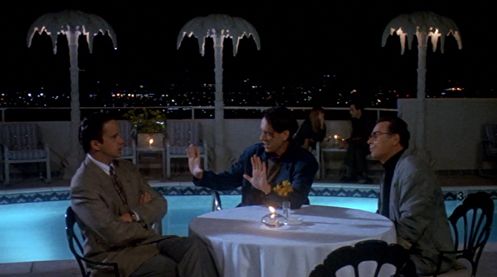
- Teacher: Bryan Sebok
discovery and engineering innovation. Experience
in mutualistic teaming, technology transfer,
product development, and marketing; opportunities
to learn and apply methods inherent in effectual
entrepreneurial activities. Team-based laboratory
projects focus on the process of technology
transfer (utilizing scientific research in
commercial product development).
- Teacher: Charis Asante-Agyei

activities, students learn about the parallel and
synergistic processes of scientific discovery and
engineering innovation. Open-ended projects give
students experience in mutualistic teaming,
technology transfer, product development, and
marketing, as well as opportunities to learn and
apply methods inherent in effectual
entrepreneurial activities. Team-based laboratory
projects focus on the process of technology
transfer (utilizing scientific research in
commercial product development).
- Teacher: Kellar Autumn
- Teacher: Andrea Hibbard
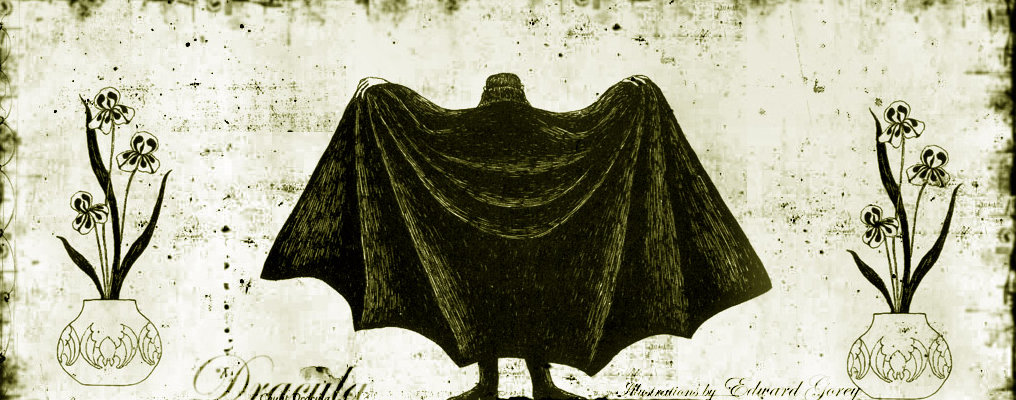
movement in literature. Topic will be announced
each time the course is offered. Recent topics
have included literary representations of
childhood, Gothic literature, experimental
fiction, and films adapting fiction. May be taken
twice for credit with change of topic.
- Teacher: William Pritchard

fiction, from the 17th century to the present.
Goals include increasing awareness of the
particular kinds of knowledge and perception that
the novel makes available; considering the variety
of ways in which novels braid moral and aesthetic
concerns; understanding how novels respond both to
everyday human experience and to previous literary
history; and heightening appreciation for the
range of pleasures that the novel can afford.
Writers may include Cervantes, Sterne, Austen,
Flaubert, Kafka, Woolf, Nabokov, Kundera, Pynchon.
- Teacher: Lyell Asher
- Teacher: Lyell Asher

- Teacher: Lyell Asher

fiction, from the 17th century to the present.
Goals include increasing awareness of the
particular kinds of knowledge and perception that
the novel makes available; considering the variety
of ways in which novels braid moral and aesthetic
concerns; understanding how novels respond both to
everyday human experience and to previous literary
history; and heightening appreciation for the
range of pleasures that the novel can afford.
Writers may include Cervantes, Sterne, Austen,
Flaubert, Kafka, Woolf, Nabokov, Kundera, Pynchon.
- Teacher: Lyell Asher
modern literature. Establishing parallels between
literary and cinematic arts, we will reflect on
the adaptation by film directors and screenwriters
of works of fiction: the movement or transition
from page to screen. Examination of how models of
criticism are shaped by formal features integral
to the art of the cinema (cinematography, editing,
performance, special effects, etc.). Recurring
topics will include genre, spectatorship,
narrative, identification, and intertextuality. A
central aim will be to specify the conventions of
a variety of literary and cinematic genres: the
thriller, crime fiction and film noir/neo-noir,
the Gothic or horror story, science fiction, and
meta-cinema or critical cinema (films about other
films). Special emphasis will be placed on "free"
or "distant" adaptations of works of fiction, on
films that creatively rethink the very concept of
"adaptation."
- Teacher: Michael Mirabile
- Teacher: Michael Mirabile
- Teacher: Michael Mirabile
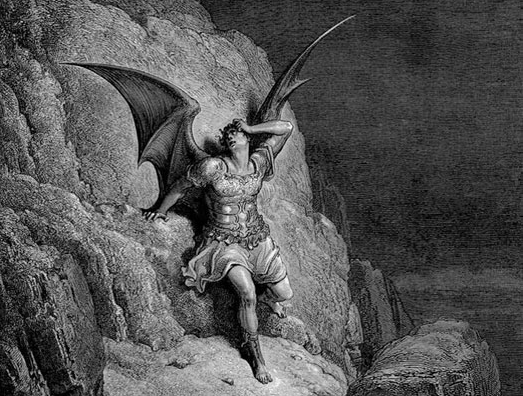
Introduction to ways of reading and writing about
literature; historical development of English
literature. Middle Ages to the end of the 18th
century.
- Teacher: William Pritchard
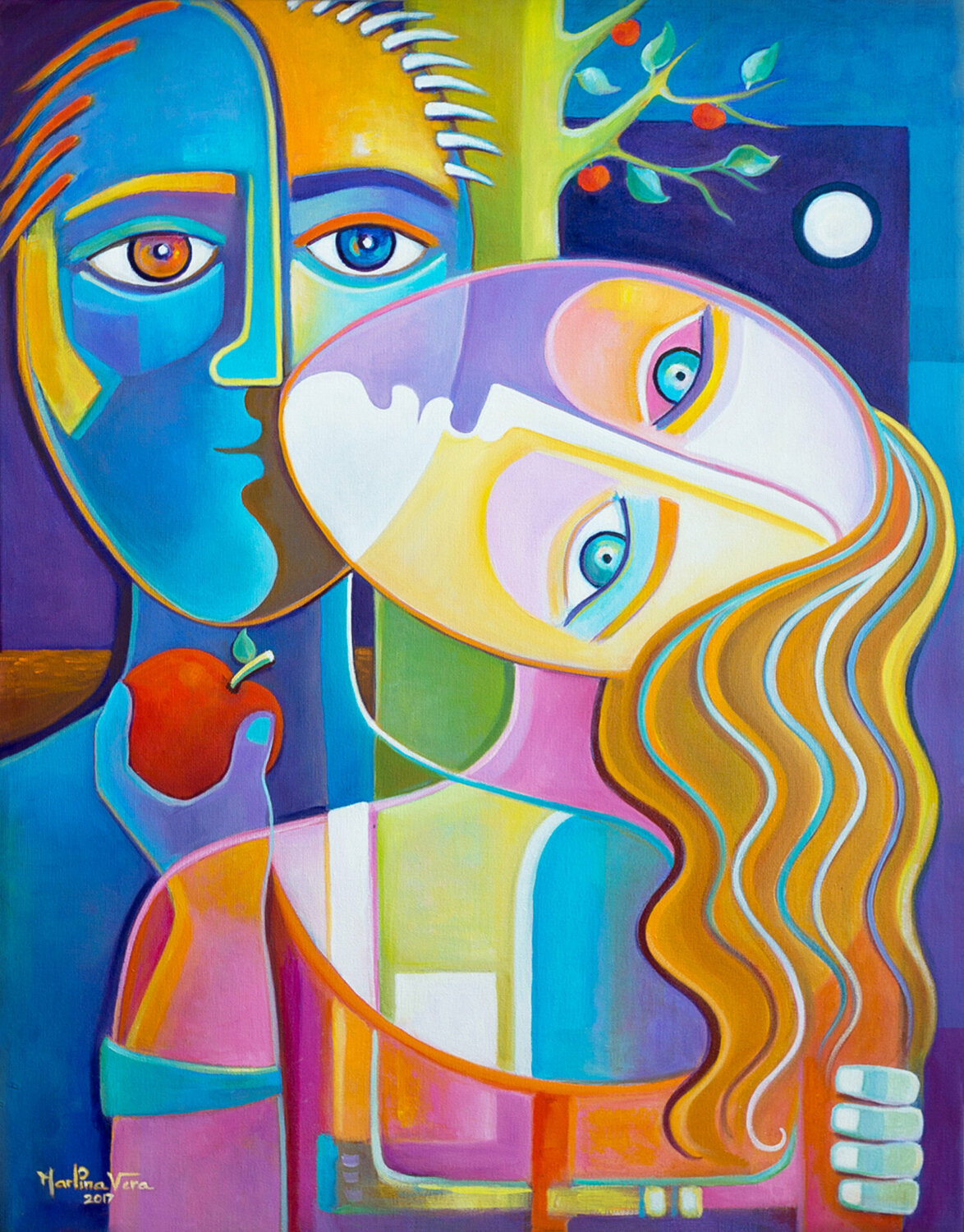
Introduction to ways of reading and writing about
literature; historical development of English
literature. Middle Ages to the end of the 18th
century.
- Teacher: Lyell Asher

- Teacher: Lyell Asher

Introduction to ways of reading and writing about
literature; historical development of English
literature. Middle Ages to the end of the 18th
century.
- Teacher: Lyell Asher
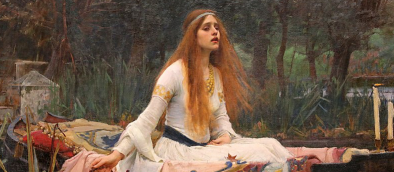
- Teacher: Kurt Fosso
Introduction to ways of reading and writing about
literature; historical development of literature
in English. Romantic period to the present.
- Teacher: Rishona Zimring
Introduction to ways of reading and writing about
literature; historical development of literature
in English. Romantic period to the present.
- Teacher: Andrea Hibbard
Introduction to ways of reading and writing about
literature; historical development of literature
in English. Romantic period to the present.
- Teacher: Andrea Hibbard
movement. Topic will be announced each time the
course is offered. May be taken twice for credit
with different content; registration for
subsequent sections must be done via the
registrar's office.
- Teacher: Michael Mirabile
- Teacher: Andrea Hibbard
common themes and patterns of influence in
British, American, or international literature by
women, or on close scrutiny of two or more
authors.
- Teacher: Andrea Hibbard
the implications they hold for determining the
meanings of particular films. Viewings of short
films, full-length independent films, and films
made within Hollywood studios that break from
narrative, generic, and stylistic conventions.
Readings in film criticism and film theory will
inform discussions, giving a basis for approaching
films from historical and cultural perspectives.
Review of some of the major influences on the
experimental American cinema, including
surrealism, expressionism, Soviet montage, and
global new wave movements.
- Teacher: Michael Mirabile
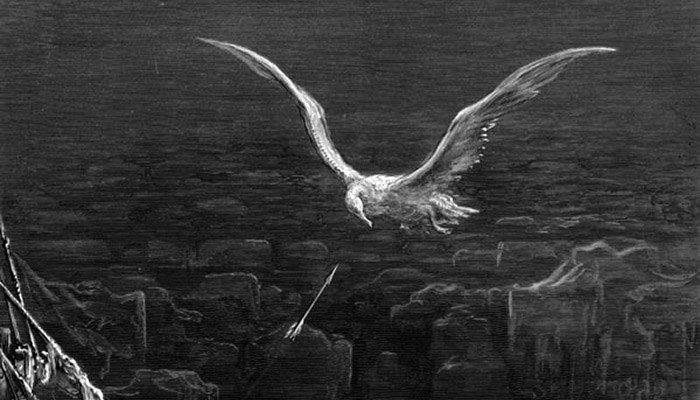
being and rights, chiefly in English/Anglophone
poetry and fiction circa 1770-2000 but extending
back to Homer, Genesis, Aesop, Aristotle,
Descartes, and other authors' works prior to the
outset of the animal-rights era and its key texts
by Anna Barbauld, Robert Burns, Samuel Taylor
Coleridge (esp. "The Rime of the Ancient
Mariner"), William Wordsworth, Anna Sewell (in
Black Beauty), and others. We'll explore
what such narratives reveal about the complexity
and ethical perplexity of our relationships to
nonhuman creatures, and the uncanny vistas they
help us to glimpse. We'll also read some relevant,
fairly recent animal-rights theory and philosophy,
and students will conduct some basic research.
- Teacher: Kurt Fosso

- Teacher: Kurt Fosso

- Teacher: Kurt Fosso
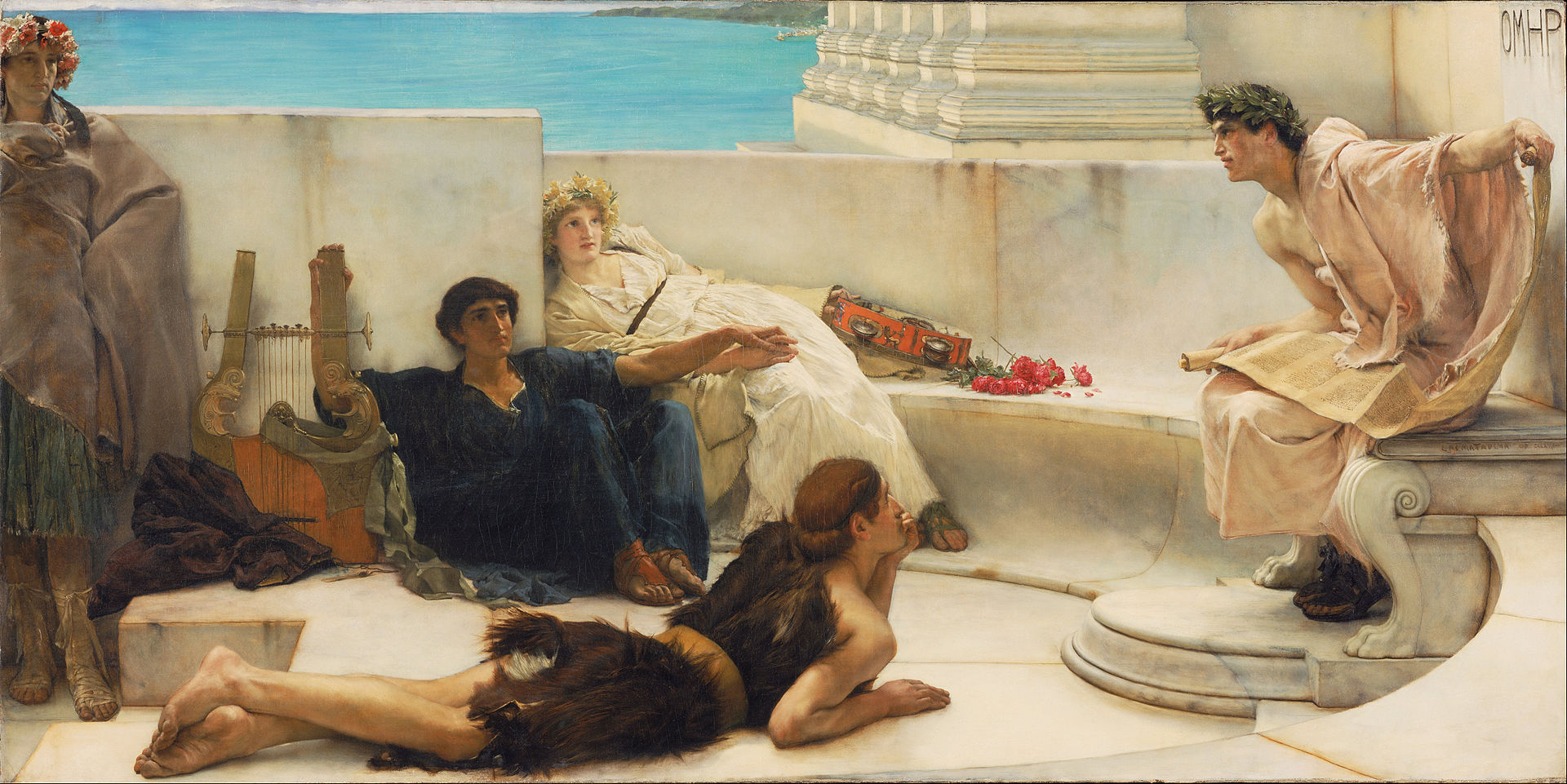
influenced countless generations of writers and
artists. This course traces these works'
influences in English literature, both in
early-modern translations (chiefly of Homer) and
via literary adaptations and allusions, including
a few from the Romantic and Victorian eras.
Students will grapple with awesome tales of gods
and monsters and gain a better understanding of
such foundational literary genres as epic,
tragedy, and lyric. Texts may include works by
Homer, Sappho, the King James Bible, Horace,
Virgil, and Ovid, as well as later responses to
antiquity such as Shakespeare's "Venus and
Adonis," Milton's "Samson Agonistes," Keats's "Ode
to a Nightingale," and Tennyson's "Ulysses."
- Teacher: Kurt Fosso
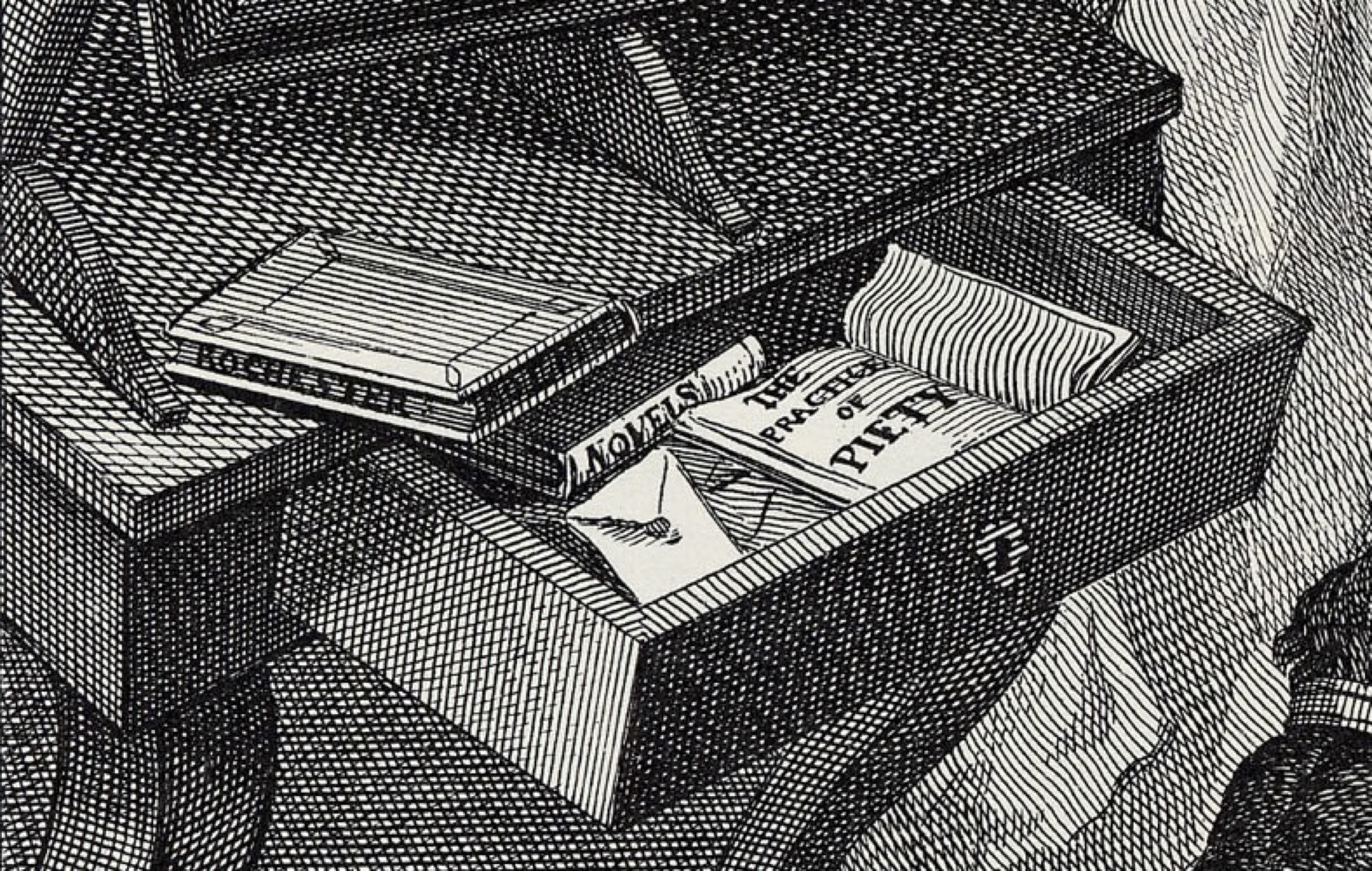
- Teacher: William Pritchard
"the long 18th century." Covers the full range of
the period's genres - plays, poems, essays, prose
narratives - and includes many of the period's
major authors (George Etherege, John Bunyan, Aphra
Behn, William Congreve, Joseph Addison, Richard
Steele, Jonathan Swift, Anne Finch, Alexander
Pope, Eliza Haywood, John Gay, Mary Wortley
Montagu, Thomas Gray, Samuel Johnson, Oliver
Goldsmith). Particular attention paid to the
relation between satiric and sentimental
depictions of human existence.
- Teacher: William Pritchard
- Teacher: Andrea Hibbard
expand the scope of the novel and short story,
beginning with and emphasizing early-20th-century
experiments with form and ending with
consideration of recent and emerging new voices.
Responses to crises and aftermaths of two world
wars, major cultural changes, and global
geopolitical shifts, producing fiction that gives
voice to transition, instability, and
possibility. Radical innovations by modernist
writers such as James Joyce and Virginia Woolf;
novels that pose challenging philosophical and
social questions; writing that pushes boundaries,
reinvents tradition, and envisions new horizons.
While emphasis is on fiction, some poetry will be
included as well. Authors may include Joyce,
Woolf, E.M. Forster, Joseph Conrad, D.H.
Lawrence, Katherine Mansfield, Elizabeth Bowen,
Samuel Beckett.
- Teacher: Rishona Zimring
apparent in novels and stories as they engage with
mass media (film, television, etc.), popular
culture, and technologies contributing to a
shrinking (globalization) and precarious (atomic
and nuclear) world during the late 20th and early
21st centuries. Readings of challenging and
provocative narratives in relation to questions of
identity, metafiction, parody, and fictional genre
against the cultural-political backdrops of
postmodernism, the Cold War, and consumerism.
Authors may include Jennifer Egan, Colson
Whitehead, Don DeLillo, Thomas Pynchon, Toni
Morrison, Susan Choi, Octavia Butler, Joyce Carol
Oates, James Baldwin, Philip K. Dick, Marilynne
Robinson, Jonathan Safran Foer, William Gibson,
and J.D. Salinger.
- Teacher: Michael Mirabile
- Teacher: Rishona Zimring
other courses. Figures have included Austen,
Blake, the Brontës, Ellison, Faulkner, Hemingway,
Joyce, Woolf. May be repeated for credit with a
change of topic; however, registration for
subsequent sections must be done via the
registrar's office.
- Teacher: Andrea Hibbard
other courses. Figures have included Austen,
Blake, the Brontës, Ellison, Faulkner, Hemingway,
Joyce, Woolf. May be repeated for credit with a
change of topic; however, registration for
subsequent sections must be done via the
registrar's office.
- Teacher: Rishona Zimring
- Teacher: Michael Mirabile
movement. Topic will be announced each time the
course is offered. May be taken twice for credit
with different content; however, registration for
subsequent sections must be done via the
registrar's office.
- Teacher: Michael Mirabile
workshop, emphasizing secondary readings that
consider life as a writer after graduation,
including the world of publishing, MFA programs,
agents, and internships. Students complete a long
project (a suite of short stories; a novella; and,
potentially, the beginning of a novel). Small
class size emphasizes individualized instruction.
- Teacher: Don Waters
and solutions, integrating concepts and analytical
skills drawn from the natural sciences, social
sciences, and humanities. Foundation for all
subsequent courses in the environmental studies
major. Lectures, faculty and guest presentations,
regular online assignments, individual and group
research projects.
- Teacher: Jessica Kleiss
- Teacher: James Proctor
- Teacher: Elizabeth Safran
- Teacher: Elizabeth Safran
- Teacher: James Proctor